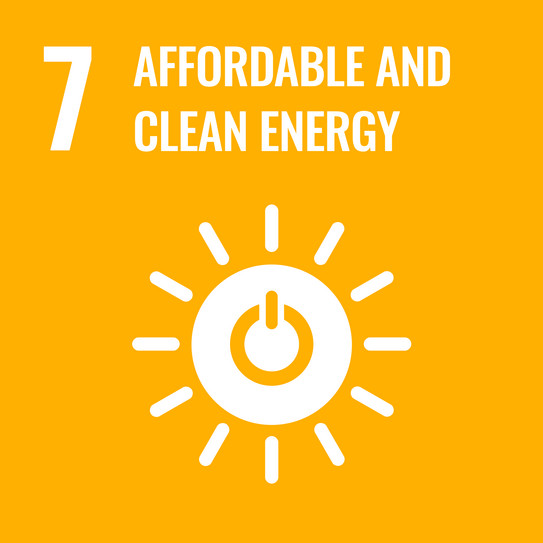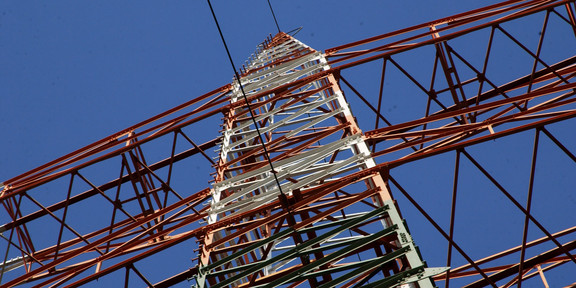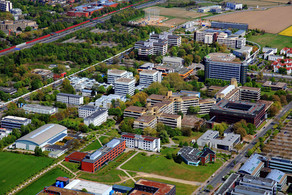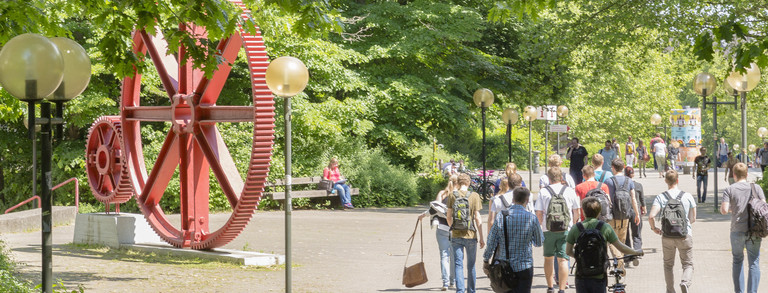Goal 7: Affordable and clean energy
The goal is divided into several sub-goals: universal, affordable and reliable access to modern energy services (7.1), significantly increasing the share of renewable energies in the global energy mix (7.2) and doubling the global rate of increase in energy efficiency (7.3). This is to be achieved through increased international cooperation to facilitate access to research, technology and investment in energy infrastructure and clean energy technologies (7.a) and to promote infrastructure development and technological modernisation with a focus on the least developed countries (7.b).

News on affordable and clean energy
Switch to green electricity
- Projekte
- 7 Bezahlbare und saubere Energie
- 13 Massnahmen zum Klimaschutz
- Arbeitskreis Nachhaltigkeit

TU Dortmund University is improving its carbon footprint and will be purchasing certified green electricity from 100% renewable energy sources from 01.01.2022. By purchasing green electricity, TU Dortmund University will reduce its CO2 emissions by around 8,300 tonnes each year compared to purchasing the German electricity mix. The basis for calculating emissions here is the national average of around 366 g CO2 equivalents per kilowatt hour in 2020. By purchasing green electricity, one of the central goals of the sustainability strategy to switch to green electricity by 2025 has already been achieved.
Currently, TU Dortmund consumes around 41 million kilowatt hours of electricity per year. Of this, around 45% is produced highly efficiently in the university's own combined heat and power plant using natural gas, while the remaining 55% is purchased from a German energy supplier. In order to further improve the carbon footprint of the university's electricity consumption, TU Dortmund University is seeking to install PV systems. Currently, electricity production through PV systems only has a small share of about 0.1%.




